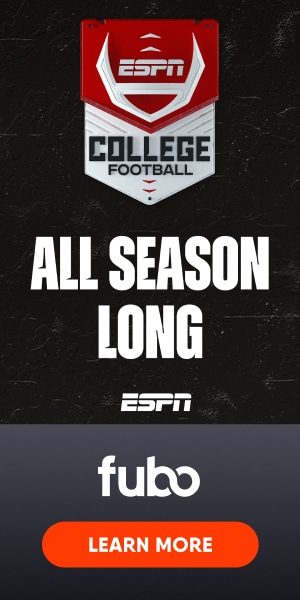The New York Yankees head back home for an AL East battle in this weekend series against the Tampa Bay Rays.
For how well the New York Yankees have started the season, they’ve only played six games at home so far. New York is coming off the toughest part of their schedule on a six-game road trip where it lost three in a row. But the Yankees ended the road trip on a high note avoiding the sweep against the Toronto Blue Jays with a 6-4 win on Wednesday. Going into the eighth inning, New York was down 4-1. Juan Soto got a bit of momentum going in that inning hitting a solo shot but the Yankees really got in going scoring four in the ninth. Aaron Judge singled to left to score two and get the tie-breaking runs for New York. The Yankees are -150 favorites today when they’ll start Clarke Schmidt who is 1-0 with a 3.68 ERA. New York has to keep up the pace as the Baltimore Orioles are only a half-game back of the Yankees after winning four in a row.
How to Watch Tampa Bay Rays at New York Yankees Today:
Game Date: April 19, 2024
Game Time: 7:00 p.m. ET
TV: YES Network, Bally Sports Sun
Live stream Tampa Bay Rays at New York Yankees on Fubo: Start your free trial today!
The Rays are coming off a four-game series split against the Los Angeles Angels. The finale ended in a 2-1 win on Thursday. Ryan Pepiot only gave up one run in the sixth and just three hits. Tampa scored both of their runs in the first and it turned out that was all the support it needed. LA scored its lone run in the sixth on a sac fly. Amed Rosario drove in the first run of the game on an RBI triple. Tampa Bay will go for back-to-back wins when it starts former Detroit Tiger Tyler Alexanders who is 1-0 but with a 6.46 ERA.
Regional restrictions may apply.













